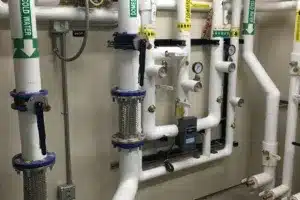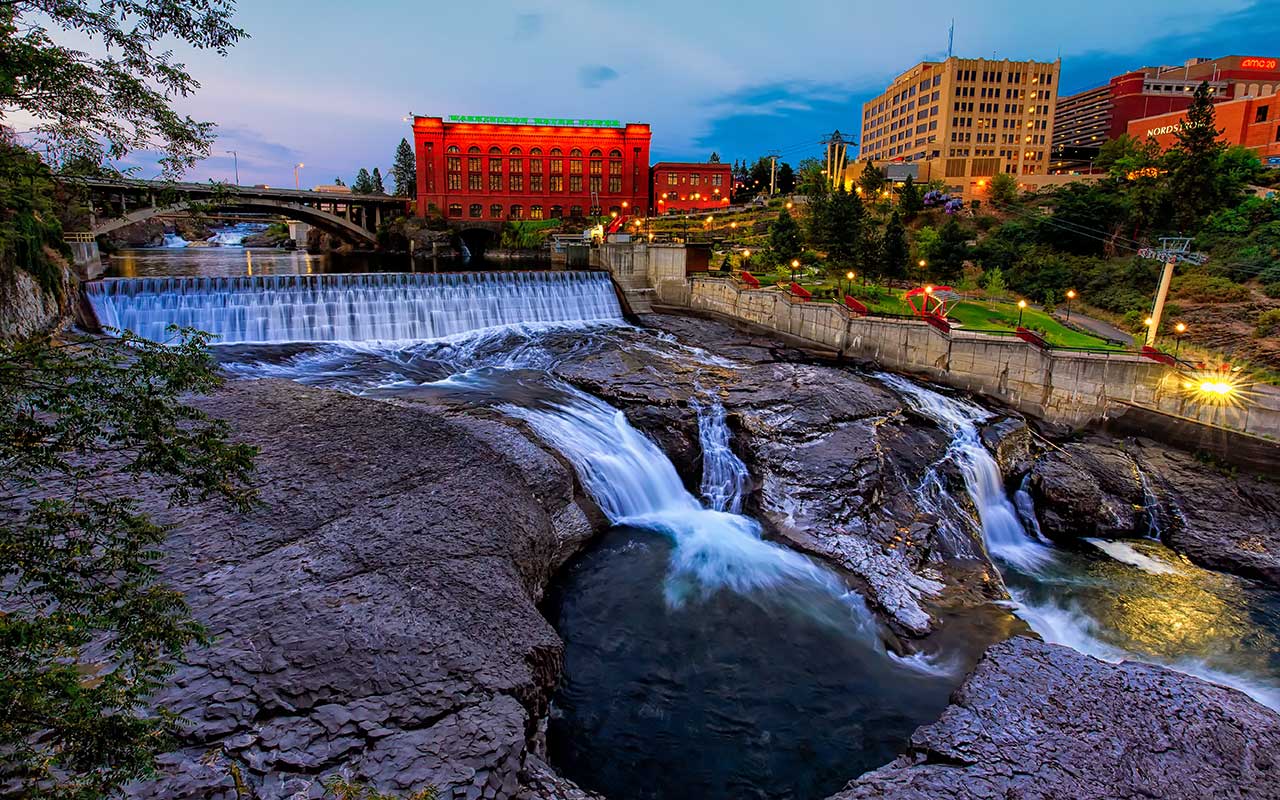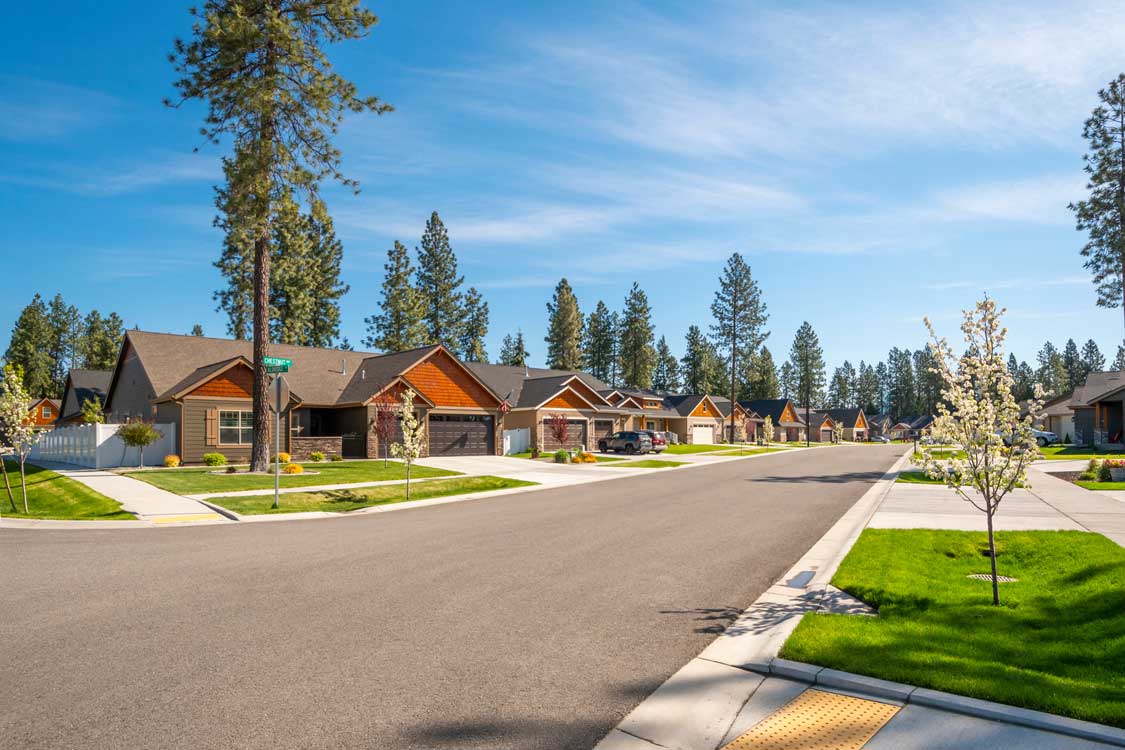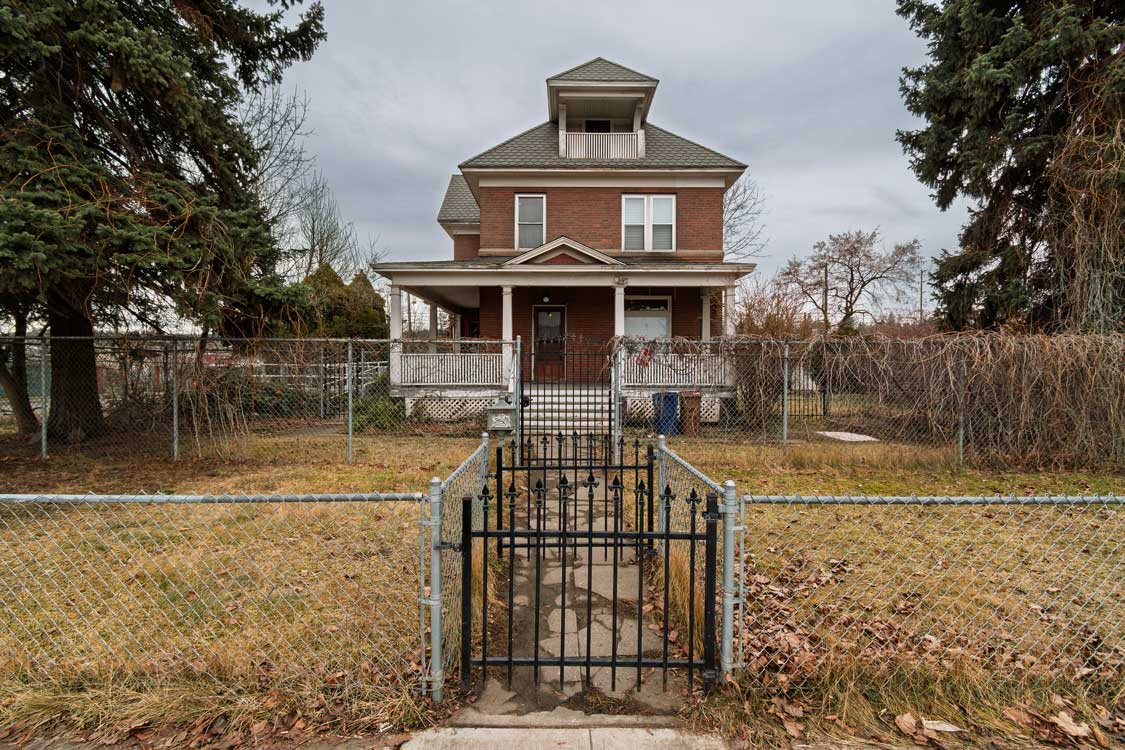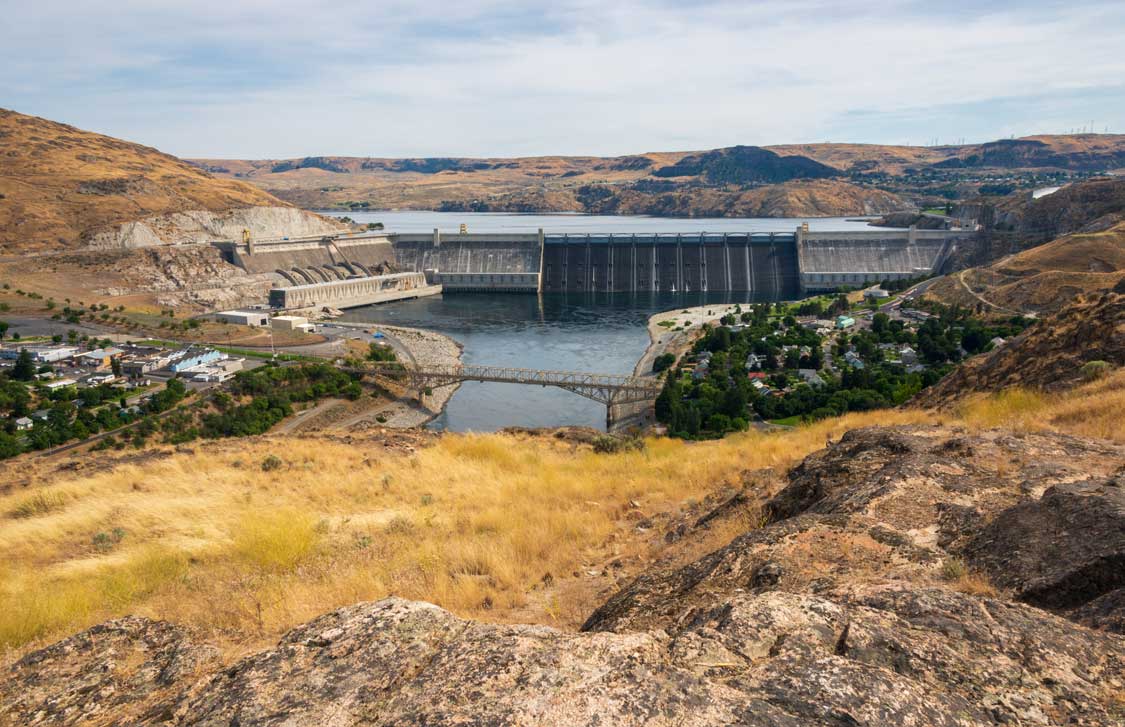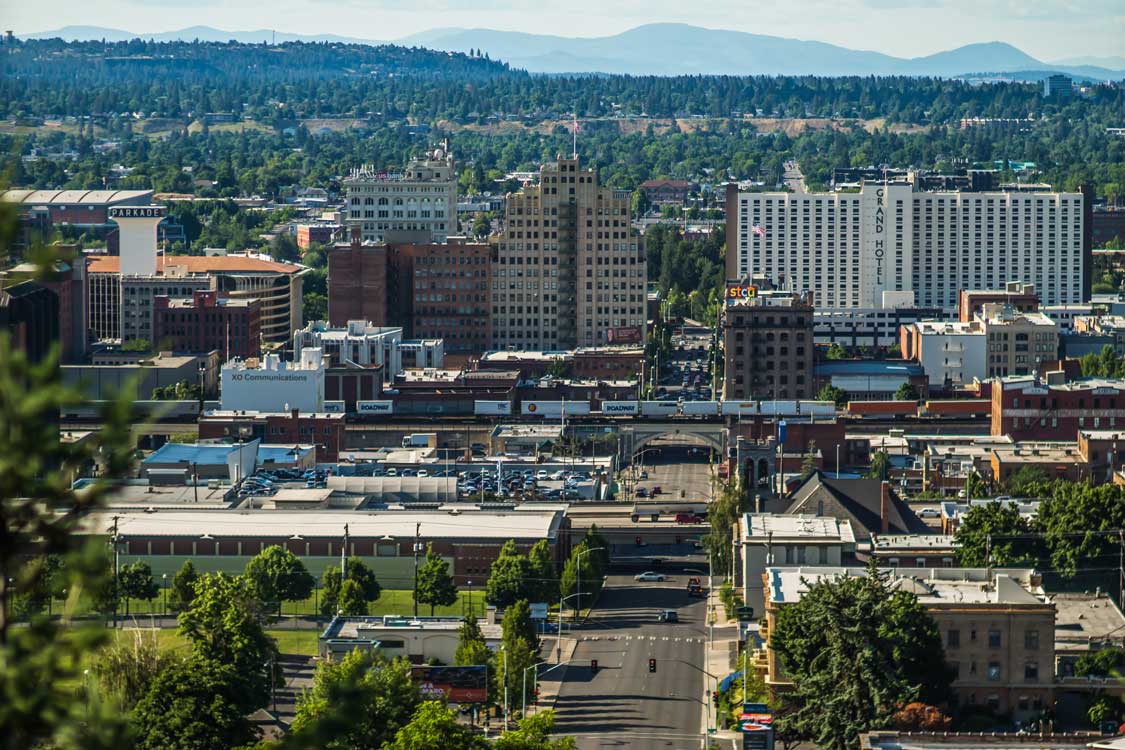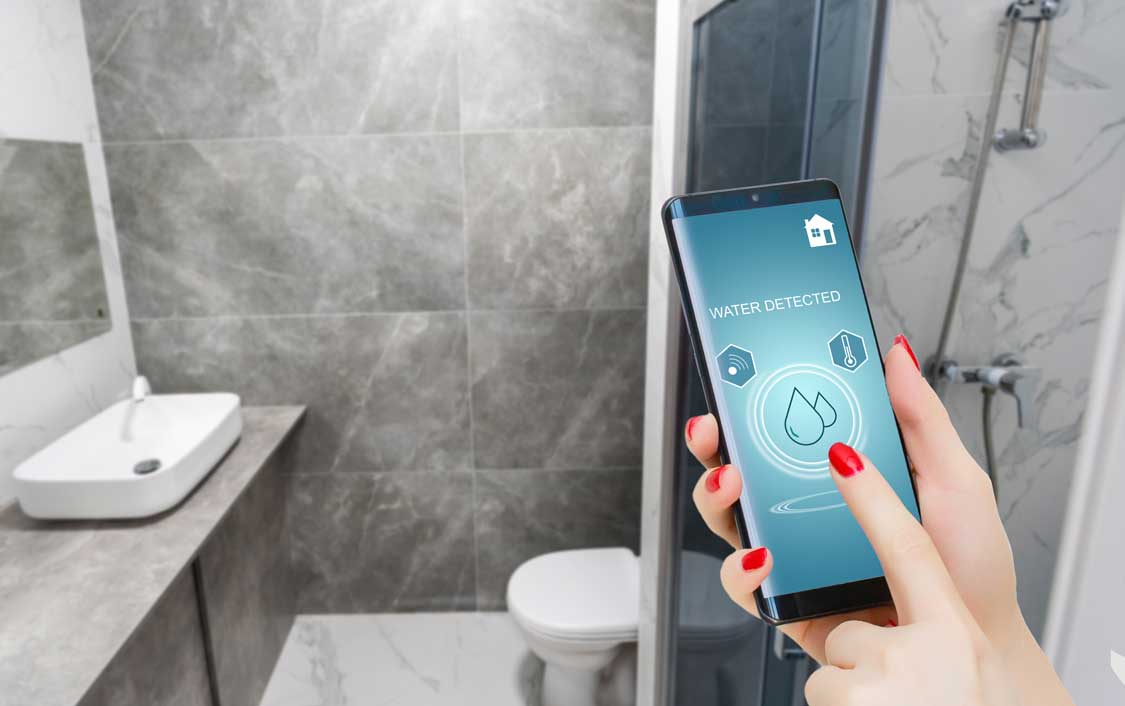How long should your plumbing system last? That all depends on the kind of pipes and fixtures that are used, and how well the system has been taken care of over time. If you want to extend the life of your plumbing system, there are several things you can do in order to prevent major issues and preserve your pipes for many years to come.
Here are 7 easy ways to extend the life of your plumbing system.
Get Rid of Blockages
Removing any blockages in your pipes can extend their life, allowing them to function for a longer period. To clean out any blockages in your plumbing system, use a plunger or chemical drain cleaners. Before using chemicals and plungers though, you should always let an expert examine it, as they might be able to offer a more effective solution.
Keep Your Sewer Lines Clear
Don’t block your sewer line! This is probably one of the most important things you can do for your plumbing system. Don’t pour grease or oils down your sink. Make sure you grind up any food and flush it down, instead of putting them in garbage bags for later disposal. And whatever you do, don’t put anything smaller than a pencil in your toilet. It’s not just gross – blocking sewer lines are incredibly dangerous!
Remove Hair from Drain Pipes
The next step in making sure you never have to deal with plumbing nightmares is removing hair from drain pipes. Whether it’s human or pet hair, it can cause a clog and is a major sign that you need to schedule drain cleaning services as soon as possible. This can also damage pipes if left untreated. To prevent these problems, use your shower’s removable head for shaving and remove pet hair regularly using a rubber brush.
Prevent Corrosion in Copper Pipes
To prevent corrosion in copper pipes, use only salt-free water. If you have hard water, consider filtering it before using it for an extended period of time. To prevent corrosion in cast iron pipes, keep them well coated with soap and protect them from sudden temperature changes that may cause condensation on their interior surface.
If your pipes are rusty or corroded, you can use a rust remover or a stainless steel brush designed for use on galvanized pipe. When using a rust remover make sure to test it first, because not all rust removers are safe for galvanized metals. Avoid touching a galvanized metal surface if you have corrosive materials like bleach near by; direct contact with these substances will destroy any protective coating over time.
Don’t Use Too Much Soap
Many people think that using lots of soap will make them clean faster, but in reality, too much soap can actually cause problems for plumbing systems. Soap isn’t as efficient as it once was and since most soaps are made with synthetic materials, they can cause significant issues with your home’s pipes if used in excess. To avoid these kinds of issues, always keep an eye on how much soap you use while washing dishes or doing laundry.
Keep Plumbing Backups at Home and Work Safe
To keep all forms of plumbing from leaking, you’ll need to do a few things: drain lines that run under sinks and tubs regularly (and get rid of hairballs and gunk buildup), clean out garbage disposals on a regular basis, change water filters, keep drains unclogged with grease-dissolving cleaners.
Flush Your Lines Regularly with Vinegar
Vinegar is a powerful cleaning agent that will clean out lime and mineral deposits. It’s an eco-friendly solution that won’t harm pipes or septic systems. Pour equal parts white vinegar and hot water down every drain once per month, let it sit for five minutes, then flush with hot water. Mix one cup baking soda with one cup vinegar and pour it down a slow-moving drain to help remove rust and soap scum.
Why extend the life of a Plumbing System?
It’s usually pretty easy for homeowners to understand why their plumbing system should be looked after, but when it comes down to specifics, we often struggle. This is understandable—after all, our piping network runs deep and houses some pretty important stuff. If you take care of it now, though, you can avoid problems further down the line (and save money in repairs).
Here are some important reasons that you should extend your plumbing system life:
You don’t have to spend money on replacement parts if you keep up with regular maintenance. Believe it or not, a lot of people only think about plumbing once they notice something isn’t working anymore. There is good news: there are a few proactive measures you can take throughout your plumbing system’s life cycle that will make sure many fixes never happen in the first place. Preventative maintenance will keep things flowing smoothly!

